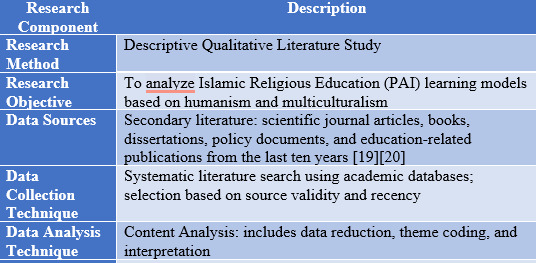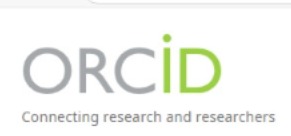HUMANIST AND MULTICULTURAL ISLAMIC EDUCATION LEARNING MODELS
DOI:
https://doi.org/10.63889/pedagogy.v18i1.252Abstract
This research is motivated by the urgency of the need for an Islamic Religious Education (PAI) learning approach that can instill human values and multiculturalism in facing the complexity of a pluralistic society. In practice, PAI learning still tends to focus on normative-doctrinal aspects and does not provide space for cross-cultural understanding, empathy, and tolerance. The gap in previous research lies in the lack of in-depth studies related to PAI learning models that explicitly integrate humanist and multicultural approaches, both in concept and practical implementation in the classroom. This study uses a descriptive qualitative approach that focuses on literature studies (library research) as the main method. Data was collected through a systematic review of secondary sources, such as scientific journal articles, academic books, and previous research results relevant to the themes of Islamic education, humanism, and multiculturalism. The analysis process is carried out by content analysis techniques, which examine the content and meanings of various sources to formulate key concepts and learning patterns by humanistic and multicultural principles. The results of the study show that several PAI learning models have the potential to be developed based on humanist and multicultural approaches, such as dialogue-based learning, reflective-critical learning, and contextual learning that are oriented toward strengthening the values of peace, tolerance, and social justice. These models not only foster an inclusive understanding of religion but also build students' awareness of the importance of coexistence in diversity. This research makes a theoretical contribution to the development of a more humanist and multicultural discourse of Islamic education while offering a conceptual basis for educators and policymakers in designing relevant and transformative religious learning in the era of plurality.

Downloads
Published
How to Cite
Issue
Section
License
Copyright (c) 2025 Mahmudulhassan

This work is licensed under a Creative Commons Attribution-ShareAlike 4.0 International License.





